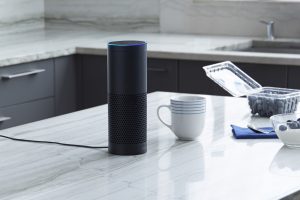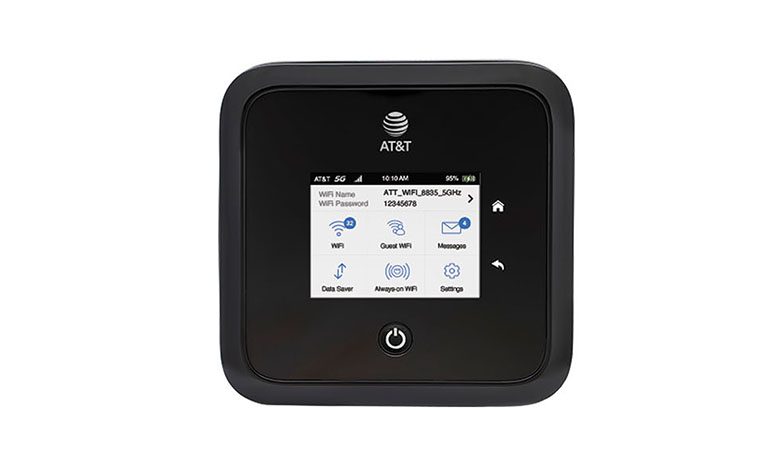Article
Alexa is learning more new skills every day | Engadget
My Comments
At the moment, Amazon is adding many skills to the Alexa voice-activated home assistant ecosystem every day with at least 15,000 skills available for your Echo by the time this article is published. This is in contrast to Google offering 378 apps and Cortana offering 65 apps. Apple yet hasn’t shown up the number of skills or apps that they have added to Siri as part of her role as a voice-driven home assistant.
But the problem with this approach is that Amazon can easily end up “chasing the numbers” where they don’t care about software quality. This is very similar to what has happened with the app stores like Microsoft Store where these stores filled up with many poor-quality and, in some cases, worthless apps. Here it is seen as a quick way for Amazon to dominate the voice-driven home assistant landscape alongside offering the multiple devices and extra capabilities.
Amazon yet haven’t had much experience in building up a platform app store with a goal towards achieving a significant number of quality apps. This is compared to Google, Microsoft and Apple who have learnt by experience when it came to building up their platform app stores which Google Home, Cortana and Siri will be based on. In most cases, it was about leaving the gates wide open and admitting too much trash or “dribbling in” very little software and putting across an image of very little choice. It is symptomatic of a technology being at an immature state where much hasn’t been worked on to have the right mix of features and software.
As regards with the software quality of skills or apps for a voice-driven home assistant platform, there will be issues about preserving proper software behaviour, assuring proper taste and decency in a family environment, along with assuring end-users’ data-security and privacy. It is more so with the fact that these skills will be relating to smart-home devices and these devices can be used to represent a household’s lifestyle. This will need to be achieved through software and consumer-protection policies and a feedback loop between end-users and the platform developer.
Of course, there needs to be the ability for Amazon and co to highlight high-quality skills and apps to users such as through an “editor’s choice” or “product spotlight”, along with a user review and rating system.
Other issues yet to be raised include how a developer can monetise a skill, whether through having customers buy the skill through Amazon’s storefront or through an advertising platform. In the case of advertising, there will be issues regarding user privacy, the kind of advertising that appears along with when the ads appear in your interaction with that skill.
I would see the sign of maturity for the voice-driven home assistant technology as higher-quality skills or apps being available along with the platforms being offered in more territories on more devices with the expected feature sets.


